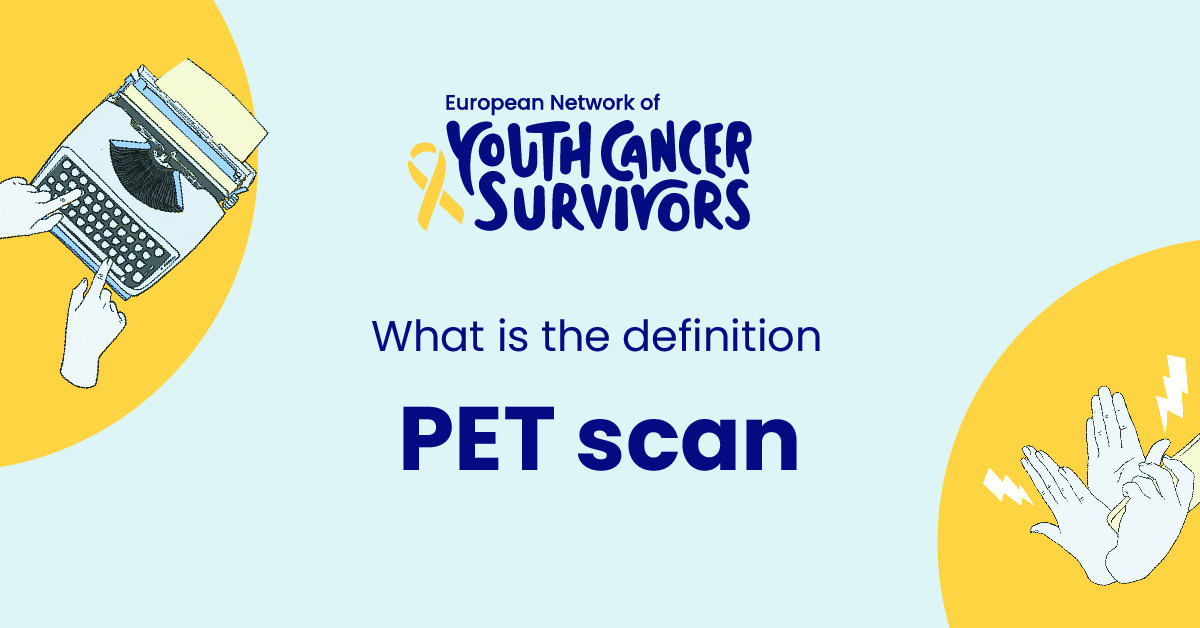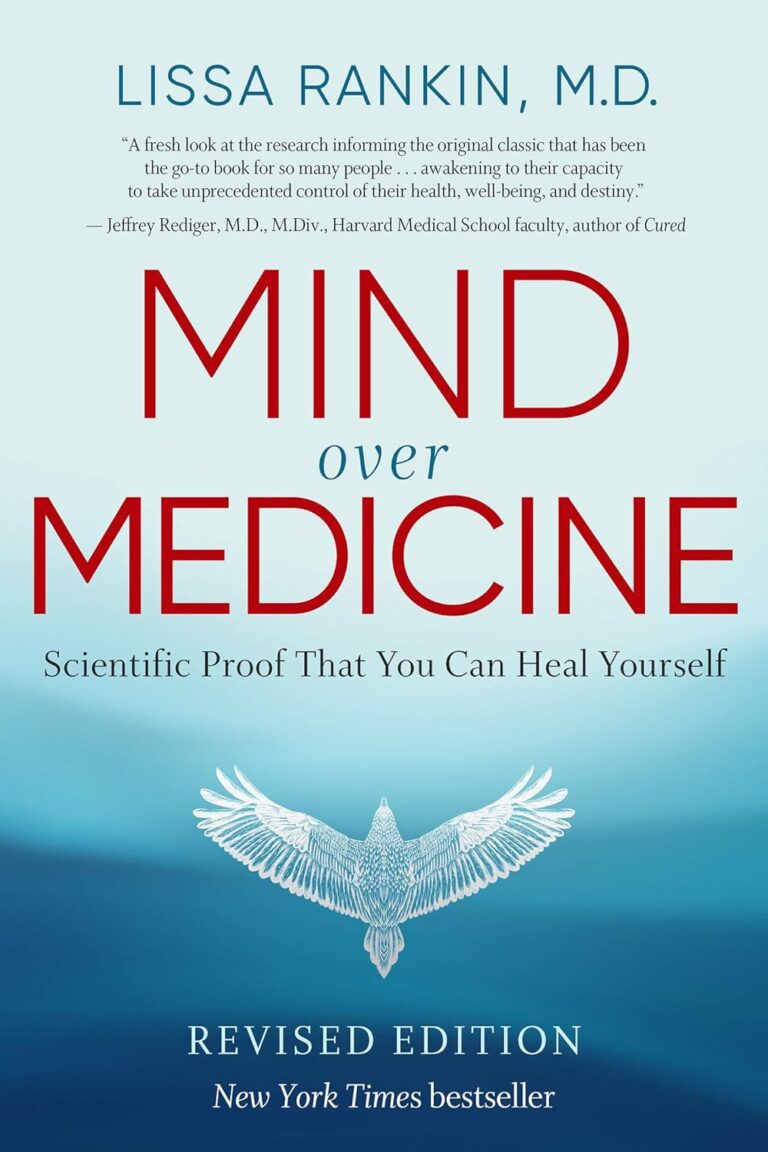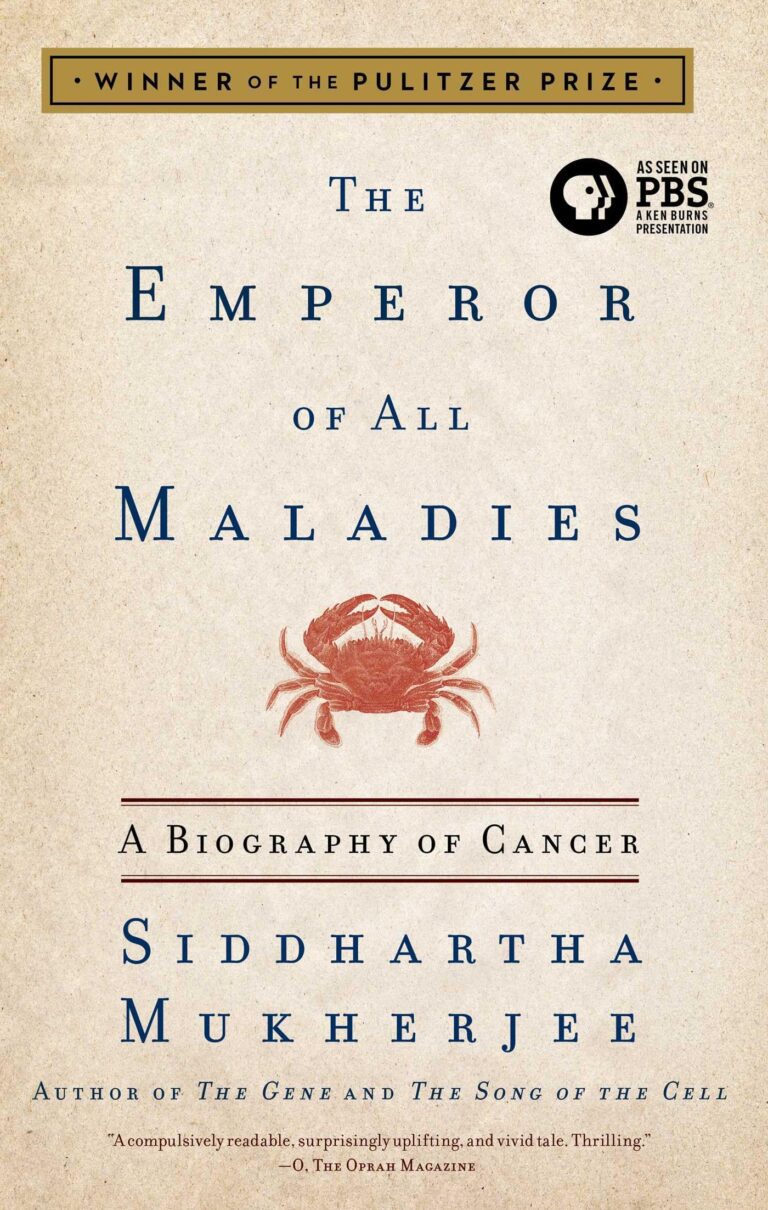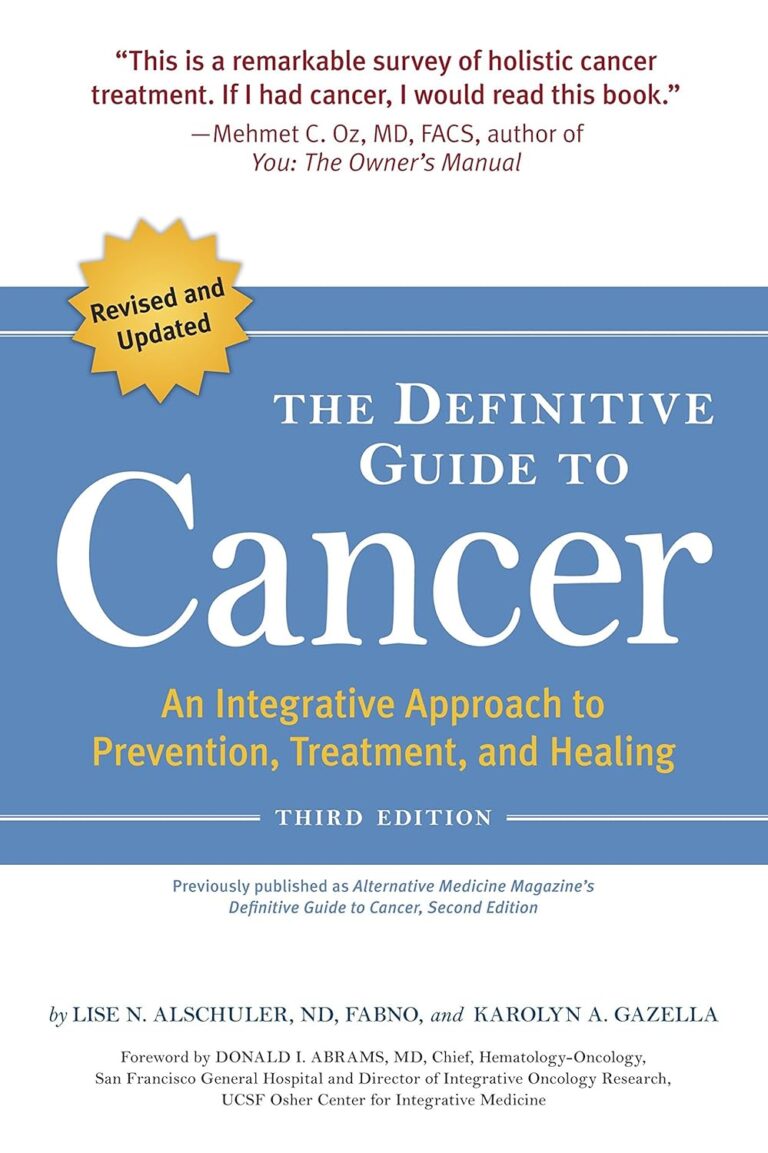
The grandeur of medical science and healthcare has been graced by numerous inventions and advancements over the years. Among all, a significant progression was witnessed in the field of diagnostic imaging. With roots tracing back to the late nineteenth century, diagnostic imaging has proved to be nothing short of revolutionary for medical diagnostics.
Brief Historical Overview of Diagnostic Imaging
The birth of diagnostic imaging dates back to 1895 when Wilhelm Conrad Roentgen discovered X-rays. It enabled a way to see inside the body non-invasively, and this technique stirred worldwide attention, opening whole branches of medicine. Today, imaging technologies such as MRIs, CT scans, and PET scans have taken centre stage, offering detailed insight into the human body without making a single incision.
Various Types of Diagnostic Imaging Techniques
Various imaging techniques serving discrete purposes include X-rays, CT scans, Ultrasound, MRI scans, and PET scans. Each of these tools has allowed the medical community to inspect the human body with refined clarity, consequently boosting the quality of healthcare.
Definition of PET Scan
Acronym Explanation: What PET Stands for
PET stands for Positron Emission Tomography. This highly advanced imaging technique uses nuclear medicine to explore the metabolic activity in the organs and tissues of the body.
Providing a Simple and Comprehensible Definition of PET Scan
A PET scan is a powerful diagnostic tool that enables medical professionals to detect diseases at a cellular level. By using a special dye containing radioactive tracers, PET scans successfully paint a vibrant picture of the organ’s function, rather than just its structure.
The Role and Importance of PET Scan in Medical Diagnostics
Why PET Scans Are Done
PET scans play a crucial role in diagnosing several medical conditions. They help determine the progression of diseases such as cancer, brain disorders, heart diseases, and infections. They are also extensively used in examining the effectiveness of ongoing treatments and predicting probable patient outcomes.
Clinical Situations Where PET Scans Prove Beneficial
PET scans provide invaluable information in cancer diagnosis, determining whether a tumor is benign or malignant, deciding the stage of cancer, and assessing the efficacy of the treatment proposed. In neurology, they assist in diagnosing conditions like dementia or epilepsy by tracing the brain’s activity patterns. In cardiology, they have an essential role in identifying areas of decreased blood flow and heart muscle viability.
Understanding the Procedure of a PET scan
Preparation for the PET Scan
Patient preparation for a PET scan mainly revolves around diet and clothing. Patients are generally advised to fast for several hours before the procedure, and they are usually asked to wear comfortable, metal-free clothing on the day of the scan.
Detailed Procedure Steps Involved in a PET Scan
Primarily, the PET scan process begins with the administration of a radioactive tracer intravenously. Once the tracer travels throughout the body, usually taking about an hour, the specialist then scans the patient with the PET scan machine. The entire session can last about 2 to 4 hours, depending on the body area being examined.
Risks and Benefits of PET Scans
Potential Health Risks Associated with PET Scans
While PET scans are generally considered safe, they do introduce the body to a small amount of radiation. Nevertheless, the radiation exposure is within safe limits and is unlikely to cause any long-term harm. In rare cases, patients may experience an allergic reaction to the tracer dye.
Focused Benefits Achieved through PET Scans
PET scans proffer several benefits: their ability to determine disease presence impactfully, assess a condition’s advancement and evaluate therapies’ effectiveness. Furthermore, PET scans can detect abnormalities way earlier compared to other diagnostic techniques, thus providing ample time for intervention.
Get to know us better
If you are reading this, you are in the right place – we do not care who you are and what you do, press the button and follow discussions live

Comparative Analysis: PET Scan Vs Other Imaging Techniques
PET scan vs. MRI
The primary distinction between a PET scan and an MRI lies in their approach. While PET scans focus on metabolic changes at the cellular level, MRIs examine the body’s anatomical changes. Both techniques are powerful but serve different diagnostic purposes.
PET scan Vs CT scan
Similar to the comparison with MRIs, CT scans primarily detect structural abnormalities, whereas PET scans provide more in-depth information about cell activity and metabolism. Therefore, CT might be preferred for detailed anatomy analysis, while PET would be chosen for metabolic insight, especially in cancer diagnosis.
Real-Life Case Study Highlighting The Use And Effectiveness Of A PET Scan
A 47-year-old male diagnosed with lung cancer was subjected to a PET scan before the treatment initiation. The PET scan surprisingly detected metastasis not identified by previous CT scans, thus altering the treatment plan drastically from surgery to chemotherapy. This case thus highlights the PET scan’s crucial role in establishing an accurate diagnosis and personalized treatment planning.
Conclusion
Brief Summary of PET Scans
From detecting diseases at a nascent stage to tracking medical treatment progress, PET scans bridge the gap between structure and function. Their ability to illuminate metabolic processes in the body holds paramount importance in the medical community.
Future Prospects in the Development of PET Scans
With constant advancements in technology, we expect to see PET scans further evolve. We foresee higher resolution imaging, faster scanning times, and a wider array of usable tracers. With the diagnostic imaging landscape continually evolving, we can hope for major breakthroughs in the clinical use of PET scans.
FAQs Section
1. What does a PET scan specifically look for in the body?
A PET scan traces metabolic activity within body tissues and organs. It helps to identify diseases such as cancer, heart abnormalities, brain disorders, and many more.
2. How long does a PET scan usually take?
A complete PET scan session usually lasts around 2 to 4 hours depending on the area being examined.
3. Is radiation exposure from a PET scan harmful?
The radiation exposure from a PET scan is within the safe limits and is unlikely to cause long-term harm. However, it is advisable that pregnant women or those who are breastfeeding discuss possible risks with their healthcare provider.
4. When will I get my results after a PET Scan?
Generally, PET Scan results can be available within two business days. However, the duration can vary depending on the lab or hospital.
5. Are there any special precautions to be taken before or after a PET scan?
Patients are often advised to fast for several hours before the scan and wear metal-free clothing on the day of the scan. Post-scan, patients are recommended to drink plenty of fluids to aid in flushing out the tracer from their system. Your healthcare provider will provide appropriate guidelines based on individual cases.

















Comments
Thank you. Comment sent for approval.
Something is wrong, try again later